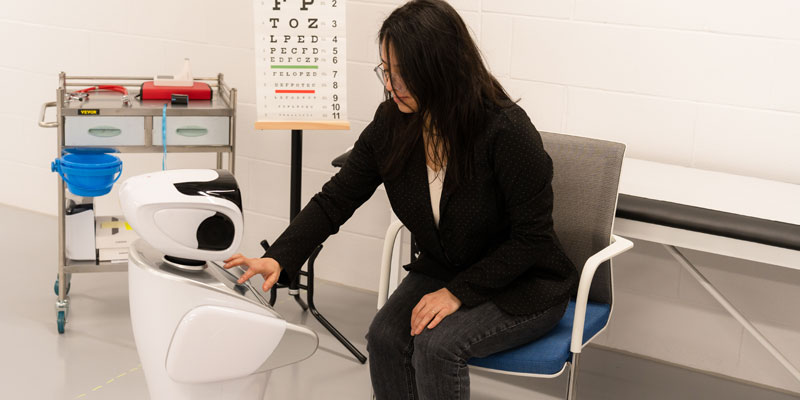
Society and ethics

“For autonomous systems to be safe by design, they also have to be ethical by design. And that’s a conversation in which the ISA is determined to make every voice matter.”
Dr Philip Garnett, Research Lead
Activities and Partnerships
We are analysing the impact of autonomous systems on the actual and perceived fairness of 'frontline' interactions between people and government, compiling robust evidence on how RCAS can reinforce positive civic engagement across society.
Social housing
We are working with housing associations to explore the potential use of RCAS to monitor and manage environmental health issues within properties, identifying and addressing the technical, ethical and legal issues this raises for government, landlords, tenants.
Organisational management
We are investigating the increased use of autonomous systems within organisations to monitor their activities and identify ‘threats’ to their performance. What impact will these data-led forms of management have on organisations, individual employees, and society?
